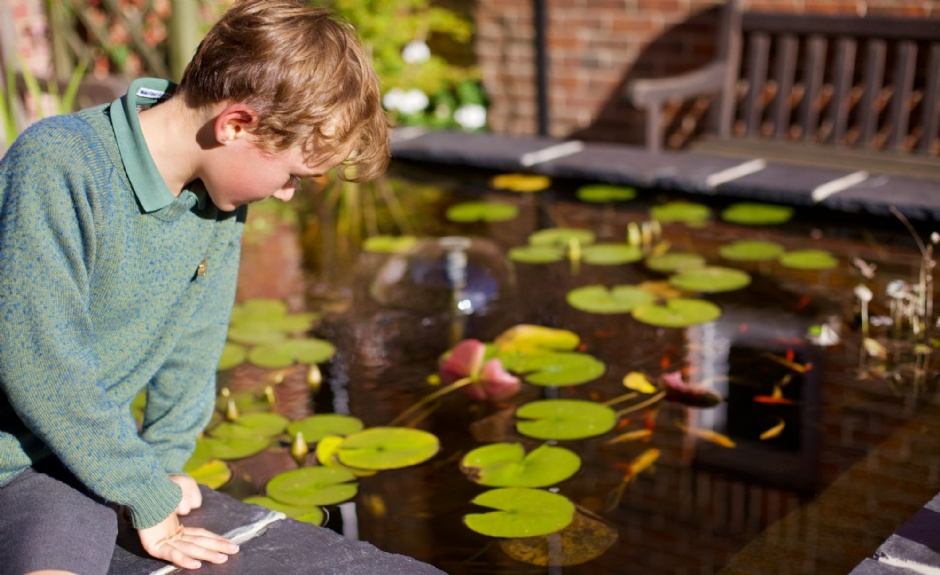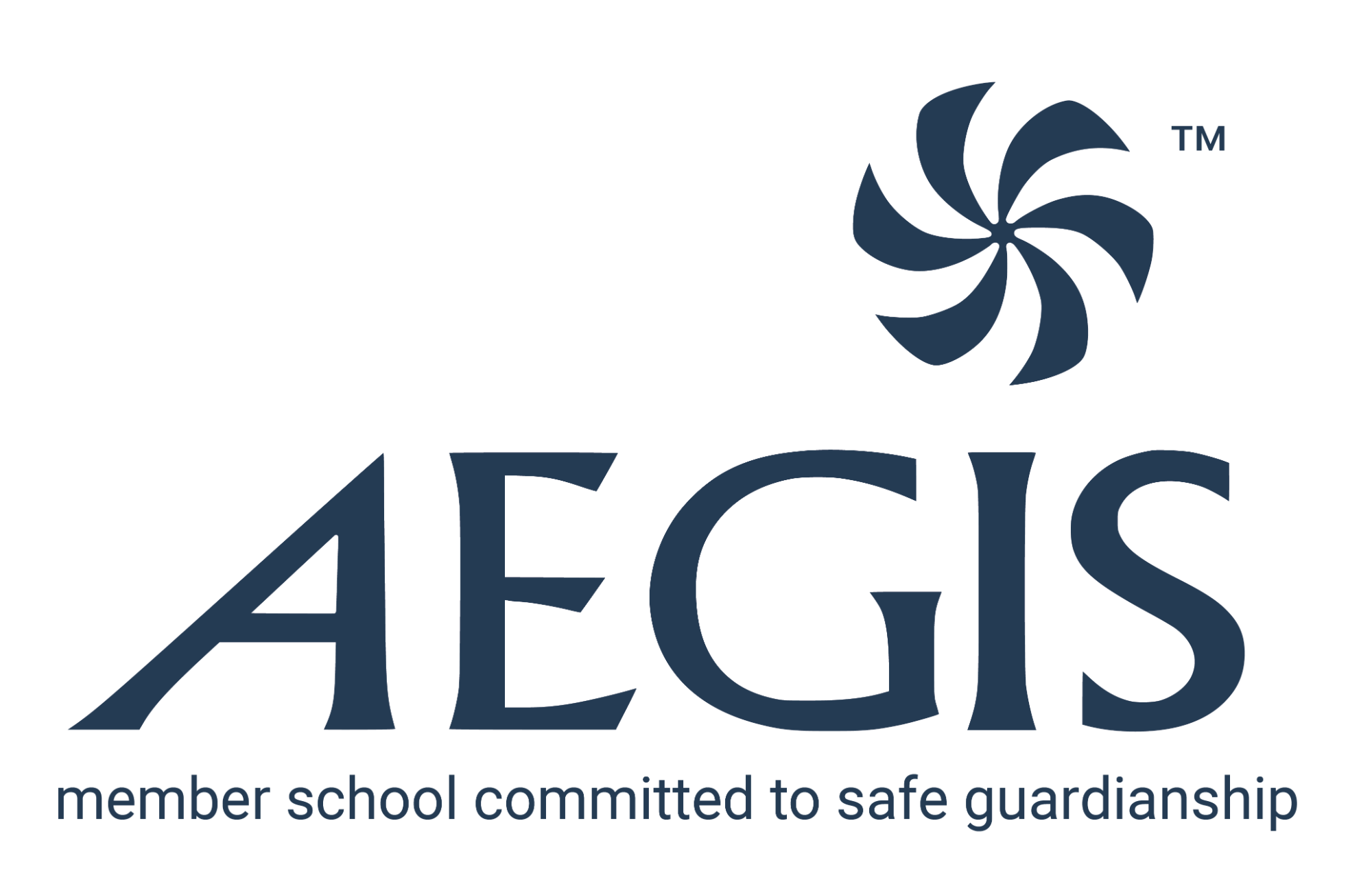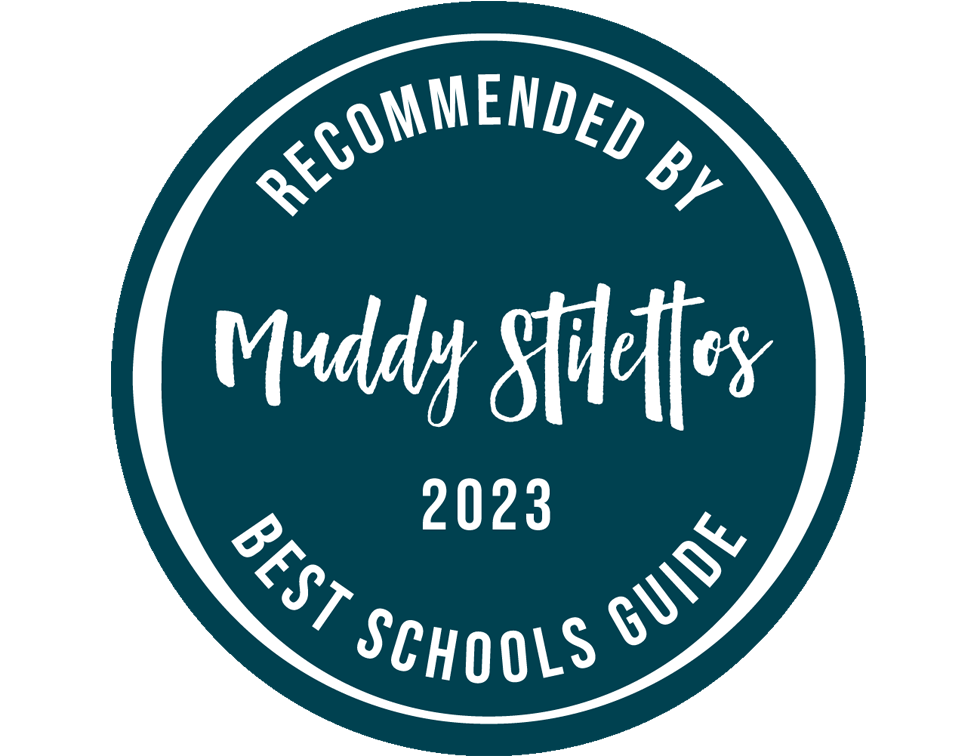Growing Self-knowledge

I’m not sure we ever got taught to be self-aware when I was at school. Our education seemed to revolve only around things that were perceived to be practical, and that would translate into us becoming solid citizens who would contribute to society in some way.
It was only when I was faced with the prospect of leaving school that I suddenly found myself quite stumped, and unable to decide what I wanted out of life. Fortunately, I had a wonderful gap year, where my love for teaching emerged, and the way forward became a lot clearer. I was also surrounded by some good, wise people who offered me some very sound advice and support.
I think we sometimes conflate self-consciousness and self-awareness, the former being a heightened state of being aware of oneself to such an extent that it could cause one to struggle with social interactions. The self-conscious person is preoccupied with their appearance or the way that they come across to other people. In contrast, the self-aware person is able to reflect on what makes them who they are as a person. This is not something that comes naturally to many of us, and one often needs a bit of guidance to get the process started.
One needs a certain level of self-awareness to make reliable decisions, as well as set goals that are achievable. Self-awareness can also be termed self-knowledge, as it is knowledge of oneself that leads to a greater understanding of one’s strengths and weaknesses, as well as what we truly value. Teaching children to begin this process of discovering themselves quite early on can help them to have a better understanding of who they are, and what they aspire to later on in life. Being self-aware can also help to develop kindness and empathy, because when we understand ourselves, we tend to be more appreciative of the struggles that others may be facing.
How do we go about teaching our children to become more self-aware? Do we have to be perfect parents in order to get this right?
Just as parenting is something we learn to do on the job (and we also inherit much of what we know from our own experiences of being parented), so it is with helping our children to become self-aware. They learn from us. We can use everyday moments to teach them how to deal with difficult situations and emotions. This involves talking through the big emotions we experience, and how we intend to deal with them in a constructive manner. We’re not always going to get this right (because we’re human) but it’s very much about speaking about how we aspire to be. It is also good for our children to see us taking ourselves off to think about things and reflect on life when moments get to big to handle immediately.
Being self-aware also involves knowing how external events or situations can influence the way we feel. Using ‘I’ statements can help us acknowledge how we are feeling and process emotions in a helpful way. For example, one could say, ‘I feel upset when Peter uses my cricket bat without asking. I wish he would ask me in future.’ This statement acknowledges the emotion and also expresses the action needed to rectify the situation. It also does not allow for name-calling, and encourages a response that is genuine. This is a lot healthier than an explosive response that then leads to feelings of shame or regret afterwards.
As parents we often try to solve our children’s problems for them as they arise. This can stifle their ability to become critical thinkers and creative problem solvers. Instead of providing the solution or solving the problem for them, it may be helpful to teach them to pause before reacting, and then help them to break down the problem into parts: easy, medium and difficult. Ask them how they would solve the easy and medium-difficulty parts themselves, and then guide them through the more difficult issues. This grows a child’s ability to think things through, and gives them a sense of fulfilment from knowing they have been able to solve a problem themselves.
Growing our own, and our children’s, levels of self-awareness can only lead to positive outcomes – not only in the moment, but down the line as well.
Craig Cuyler
Assistant Deputy Head/Head of PSHEe/Director of Wellbeing









